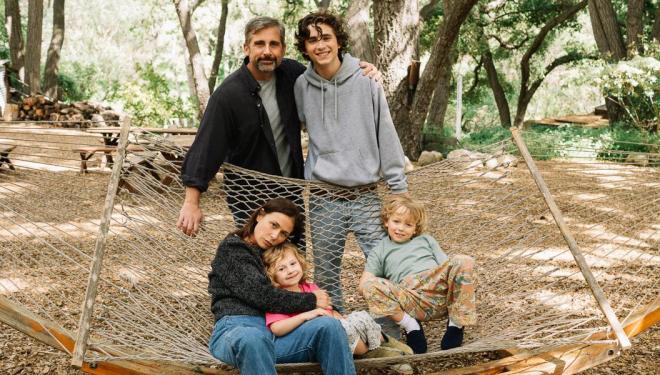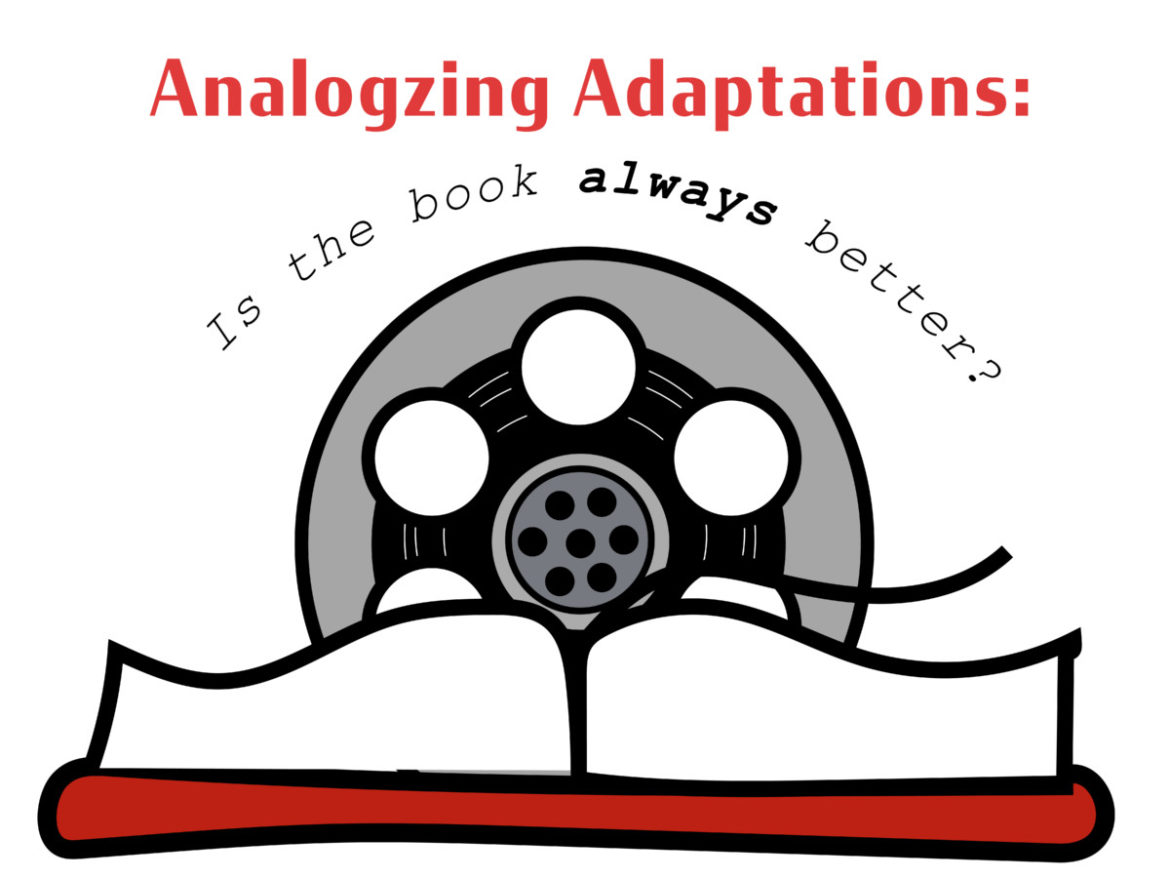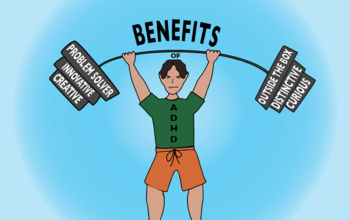
Keira Cooney, Opinions Editor
@keiraccourant
Beautiful Boy:
I love reading books that make me feel like I have a stomach ulcer. I’m talking heartbreaking, harrowing tales of people and stories that break my little emphatic heart. I also love me some good old Timothée Chalamet on the screen. What can I say? I’m a simple gal. So, when I saw Beautiful Boy, starring Steve Carell, Timothée Chalamet, and Maura Tierney, on my recommended Prime Video movies, I did what any self-proclaimed film critic that likes to argue would do. I decided to read the book first and then compare it with the film. Here are my thoughts.
There are so many reasons why Beautiful Boy: A Father’s Journey Through His Son’s Meth Addiction as a story is spectacular. It’s a gripping memoir that traces both a son’s addiction, an issue so often considered taboo in our world, and his father’s anguish, a perspective of addiction many often fail to understand. Considering the prevalent disquiet about drug addiction, I commend both the book and movie for starting a conversation about it in general media.
On the Page:
Aboard this grim rollercoaster ride, David Sheff details the birth of his charming and talented ‘beautiful boy’ Nic, all through his first dabble into drug use with marijuana in high school and into his subsequent decade of using, rehabilitation, and relapse. Told through the eyes of his terrified father, Nic leads a life of self-destruction, deception, and crime. He breaks into the family home to steal money for meth; he lies about where he is and what he’s doing, and if he’s sober; he asks for help but refuses the terms on which it is offered. In David’s words, you feel his utter devastation; trying to save his son and also protect his wife (not Nic’s mother) and their two young children.

One of the things I loved the most about this book was how you come to understand Nic’s father and his coping process. With heartbreaking stories such as these, many only understand the difficulties of drug addiction as they ruin the addicts’ lives themselves. However, as Sheff writes:
“Anyone who has lived through it, or those who are now living through it, knows that caring about an addict is as complex and fraught and debilitating as addiction itself.”
David tries everything to help Nic recover, dragging him to rehab and begging him ‘not to die.’ He researches the effects of methamphetamine (Nic’s drug of choice) and attends AA meetings to construct the best path of recovery for his beloved son. With painful flashbacks to Nic’s childhood throughout, Sheff details his obsession with Nic’s recovery and the torturous guilt and hopelessness he feels. However, as David comes to understand, he didn’t cause Nic’s addiction. He can’t control it, he can’t cure it, and he can’t even force Nic into rehab. Eventually shifting his focus from Nic’s recovery to his own, David goes into therapy to get past his obsession with his son’s problems.
Whether Nic will recover remains an open question at the book’s end, which offers a glimmer of hope to so many who share similar secrets of addiction. David shares no promises and no easy answers, in a unfiltered depiction of rehabilitation, he reveals that Nic’s recovery is not linear. As Sheff wrote in the Beautiful Boy Afterword in 2008:
“Yes, Nic relapsed.
How did he relapse after two years? […] Chronic eludes me, though. I say forever and always and never-ending, and I understand them, but still I feel that the worst is over. It’s not that I’m completely surprised by a relapse; I no longer deny the insidiousness of addiction. Another relapse is testament to the chronic part of it. As Nic would say, “This disease sucks.”
[…]
The ability to recognize relapse and choose to get help is a sign of enormous progress. Am I grasping at straws? “As AA has long professed, recovery is about progress, not perfection,” Benoit Denizet-Lewis writes in America Anonymous. Nic has made significant progress, though it guarantees nothing.”

Often in publications about the disease of addiction, people will focus on the fame or the prospective success an addict might have had. In stories told to scare the public away from drugs, they write: This teen would be in the NBA if only opioids didn’t ruin his chances. Or, in inspiring (but misleading) recovery reports about celebrities: here’s a success story about a famous actor who overcame alcoholism after a single stint in rehab. Beautiful Boy ‘s personal account of one family’s experience tears apart these misconceptions and is far more meaningful reaching those who understand the realities of addiction. In reality, it doesn’t matter where a person came from or all the potential they might have had. Beautiful Boy writes about this disease in a way that makes people understand that addiction is something raw and destructive, and we should feel empathetic to all who struggle – not just those who might have been great athletes or those who were once famous actors. This is the power of personal stories. David Sheff doesn’t write about Nic as a saint that went wrong or a devil that ruins his life; he simply writes about his son, with all the ups and downs of their relationship. In Beautiful Boy, you have a raw, real portrait of the effects of drug use and the toll addiction takes on loved ones.
On the Screen:
As for casting, I absolutely commend the choices director Felix Van Groeningen made. Timothée Chalamet was an excellent pick for Nic. In the book, David describes him as tall and thin with wild copper brown hair and green eyes – practically Timothée Chalamet to a T. His performance in Call me By Your Name, the movie that made him a household name, proves that Chalamet acts with raw authenticity and emotion, which I thought was needed for portraying Nic’s (quite literal) highs and lows. And he did an absolutely fantastic job; Veering between vulnerability, fear, aggression, and desperation as he tries to convince those around him that he’s sober. Most importantly, he avoided what could have been an overly mannered study of various junkie cliches, and he drives the audience to genuinely care about and understand Nic.

I was, watching the trailer, initially shocked by the appearance of Steve Carell playing such a serious part as David Sheff himself. Obviously, he is best known for his parts as Michael Scott in The Office and Andy Stitzer in The 40-Year-Old Virgin (a total riot in both), so it was interesting to see him play such a serious role. For the most part, he succeeded, but Timothée Chalamet’s Oscar-worthy performance was incredibly difficult to compete with.
Similarities and Differences:

I debated writing this article as a comparison of the novel and film versus just as a review of the Beautiful Boy book itself. Actually, I found out after watching that the film was also based on Nic Sheff’s own retelling of his addiction, a book titled Tweak: Growing Up on Methamphetamines. I’ve only read excerpts from Tweak, but it’s absolutely next on my reading list. Regardless, I thought director Felix Van Groeningen did a pretty fantastic job portraying the book’s general message. Right off the bat, the movie’s narrative structure follows the book’s trend with flickering memories of Nic’s childhood torturing David. Also, as with the book, there is no shortage of moments of crushing emotional weight. I was incredibly moved while both reading and then later watching the scene where Nic steals $8 from his little brother Jasper’s savings during the peak of his addiction. Although he denies stealing from his brother, the conversation leads to an explosive argument between him and David, and Nic eventually leaves the house.

While there were successes in the movie in powerful scenes such as these, I got really frustrated with the minor changes made in many scenes that just didn’t really seem necessary. For example, in the book, when Nick gets home from college, the kids are so excited to see him, so they go to the airport to pick him up. In the movie, they stay home and hide from him. I quite literally rolled my eyes. It was a total unneeded dramatic addition that took away from the characterization of Nic and his relationship with his family. In the book, this fear was more complicated. Yes, fear still sabotages trust. Yet, as David writes in the book, the family endures and accepts Nic’s lows out of love and utter fear of losing him.
“The constellation of these impulses that we call love feels like a miracle. The miracles do not cancel out evil, but I accept evil in order to participate in the miraculous.”
As I’ve said, Beautiful Boy is meant to help people understand and empathize with both the family and Nic. However, them being scared of him seemed like a superficial plot detail that fit the ‘scary drug addict’ impression that I thought the book did a better job of avoiding. However, I was happy to see that (again, thanks to Chalamet’s performance) the movie didn’t fall victim to this frustrating characterization of Nic too much.
Is the Book Better?
To sum up my thoughts, I do recommend watching Beautiful Boy. It’s a fantastic movie, and it does an excellent job of splitting the story between the life of an addict and the life of someone who loves an addict. However, not in replacement for the memoirs themselves. If you’re looking for a complete understanding of the story, and I can’t recommend enough that you do, I suggest that you read Beautiful Boy before watching the movie. Even as well done as it was, addiction is a challenging topic to convey correctly, and it’s only through these first-person perspectives in the books that you genuinely understand what addicts and those who love them go through. The experience you get reading David Sheff’s perspective is simply impossible to replicate on a screen, so I’ll definitively state that, for this one, the book is better. (Sorry, Timmy T.)
Where can I watch?
- Stream it on Amazon Prime Video




